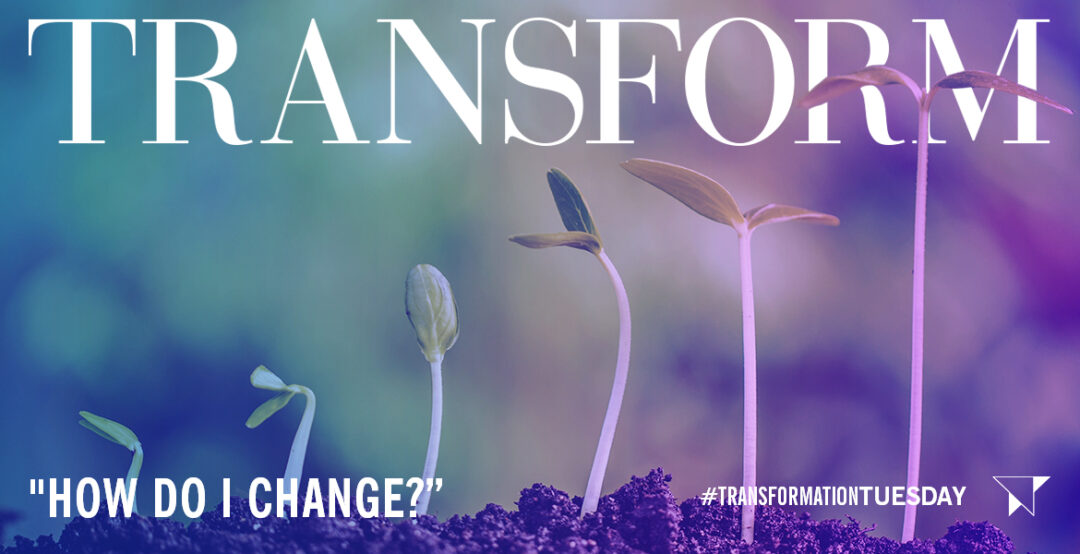We often hear the question, “how do I change”. It’s a perennial question, one that we all struggle with from time to time.
Here’s a change process that we believe in and we practice personally. It was developed by our Enneagram friends, Dr. David Daniels, and Terry Saracino. David is no longer with us, but his seminal Enneagram work lives on. Terry is a dear friend, core faculty at ESNT and a renowned Enneagram teacher.
So pick an issue in your life that you’ve been struggling to change then apply these change principles to the situation. Let us know how it goes. We’ll be rooting for you. Reach out if you need additional help.
Awareness: having a practice to increase receptivity and grounded presence; basically, having a fundamental breath practice.
Acceptance: opening the heart in kindness to self and others, but especially to one’s own reactivity and upset. This doesn’t mean capitulating, condoning, or agreeing with our own or others’ behavior! It simply gives a positive way to work with our reactivity.
Appreciation: requires realizing that the positives in our lives often get neglected and require our re-experiencing them in order to help us use appreciation as a great resource. Appreciation is exactly that and more; it’s an appreciation for “what” is revealing itself, for what we are allowing ourselves to become conscious of, tender and attentive to, and have compassion for within and about ourselves and someone else.
Action in three parts: first, pausing at times of reactivity to access the first “3As”. Practicing inner inquiry to discover, discern, and work with what’s causing this reactivity, especially determining if the reactivity is driven by the old core belief’s embedded in a client’s type structure. Finally, mentoring the self into a conscious action that’s either letting go or taking action that’s respectful to self and others.
Action: noticing —> pausing —> collecting energy —> containing not suppressing it, when we get reactive or are find ourselves on automatic, then conducting inquiry, and then mentoring ourselves to a constructive, present-to-the-self course of action.
Adherence: committing to the UGP and to working with type-related core issues in daily life, realizing that changing our patterns takes continual practice. When we can witness, or self-observe, our own habit of mind its repetitive, limiting pattern in a nonjudgmental way with gratitude – the first “3As” – we gain leverage in changing the pattern.




